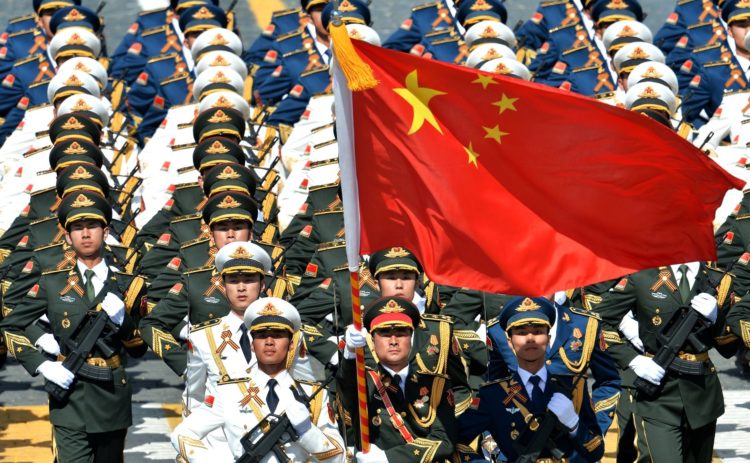China’s rapidly expanding Navy has, thus far, been primarily concerned with the sovereignty of the South China Sea. Their growing “green water” fleet is capable of asserting a great deal of authority within the regional (and globally important) waterway. China, however, still lacks the logistics and vessels to field a globally capable Navy like that employed by the U.S.
Enter the Belt and Road Initiative. The Initiative aims to make all trade routes lead to China, and thus offer President Xi Jinping the necessary material to construct the military he wants but doesn’t have.
By debating about trade deficits and North Korea, China has managed to carefully construct the image of a steady, forward-thinking, morals-driven nation. In direct conflict with President Donald Trump’s often unconventional diplomatic tactics. This image is on full display in a 71-page document released by the Chinese government on Monday outlining the ways the nation is working to circumvent the Trump administration’s “trade bullyism practices.” China doesn’t mince words, calling America’s recent behavior “the greatest source of uncertainty and risk for the recovery of the global economy.”
The report goes on and states that:
“The U.S. government has taken extreme trade protectionist measures, which have undermined the international economic order, caused damage to China-US trade and trade relations around the world, disrupted the global value chain and the international division of labor, upset market expectations, and led to violent swings in the international financial and commodity markets. It has become the greatest source of uncertainty and risk for the recovery of the global economy.”
They went on to claim that “We also have the support of all countries in the world that reject protectionism, unilateralism and hegemony.”
The language of the report was intentional and well crafted, as are many of the official statements to come from the Xi regime. The purpose behind these statements is not unlike the way the U.S. positioned itself as the world’s champion after World War II. It was American diplomacy, economic outreach and alliances that helped establish the U.S. as the pre-eminent global superpower—a position America was able to leverage thanks to its gargantuan economy.
Now, China is doing the same. Each time President Trump shouts, “America first,” China calmly utters “global stability.” Each time President Trump reminds the world that he has reservations about America’s allies, China extends a helping hand to a developing nation in the form of un-payable loans. China is diplomatically and economically positioning itself to replace the U.S. as the world’s power center, absorbing leverage and influence wherever it can and actively pursuing the role of “stabilizing force” against an America that seems increasingly disinterested in playing nice with the rest of the world.
This is where perception and media coverage play such an important role in the way nations interact. The world’s media isn’t ignorant to the domestic mudslinging that has dominated American politics recently, nor is it immune to concerns about waning support for NATO and other longstanding mechanisms of international politicking and peace-seeking. The question isn’t about whether Trump is right, or even if his pursuits benefit the United States in the long run. The question is about branding. If America seems like an isolationist and volatile power, China offers what appears to be a more stable and willing economic partner.
Couple that with China’s eagerness to do business with nations the U.S. deems disreputable and the flurry of loans Xi Jinping has floated to underdeveloped nations as a part of the Belt and Road Initiative (which seeks to streamline trade to the world from China and vice versa through a series of large-scale infrastructure projects) and you have a recipe for rapidly growing influence and the leverage they need to establish naval supply lines throughout the world. China’s Navy would be tasked, of course, with maintaining stability in the waterways surrounding their trade lines, and if a developing nation finds itself struggling to repay its debts to China a deal can be expected that would involve some territory changing hands.
China’s actions are harder to characterize as the behavior of “the bad guy” than those of other national competitors. Russia, for instance, relies on intimidation and audacity to remain relevant. Instead, China is politely positioning itself to replace the United States as the dominant global superpower. Sadly, America’s inability to mount a reasonable narrative that justifies its behavior to the world is bolstering Xi Jinping’s plans. Chinese intentions are, at times, no less nefarious than Russia’s—they’re just better at packaging their efforts in a pleasant, digestible way for the press.
Already have an account? Sign In
Two ways to continue to read this article.
Subscribe
$1.99
every 4 weeks
- Unlimited access to all articles
- Support independent journalism
- Ad-free reading experience
Subscribe Now
Recurring Monthly. Cancel Anytime.










COMMENTS